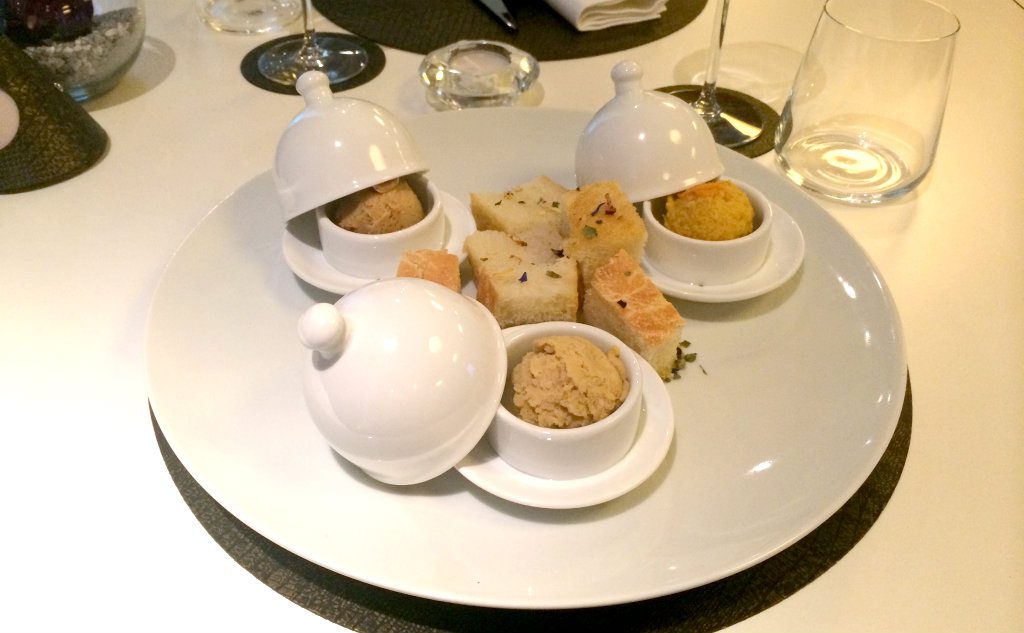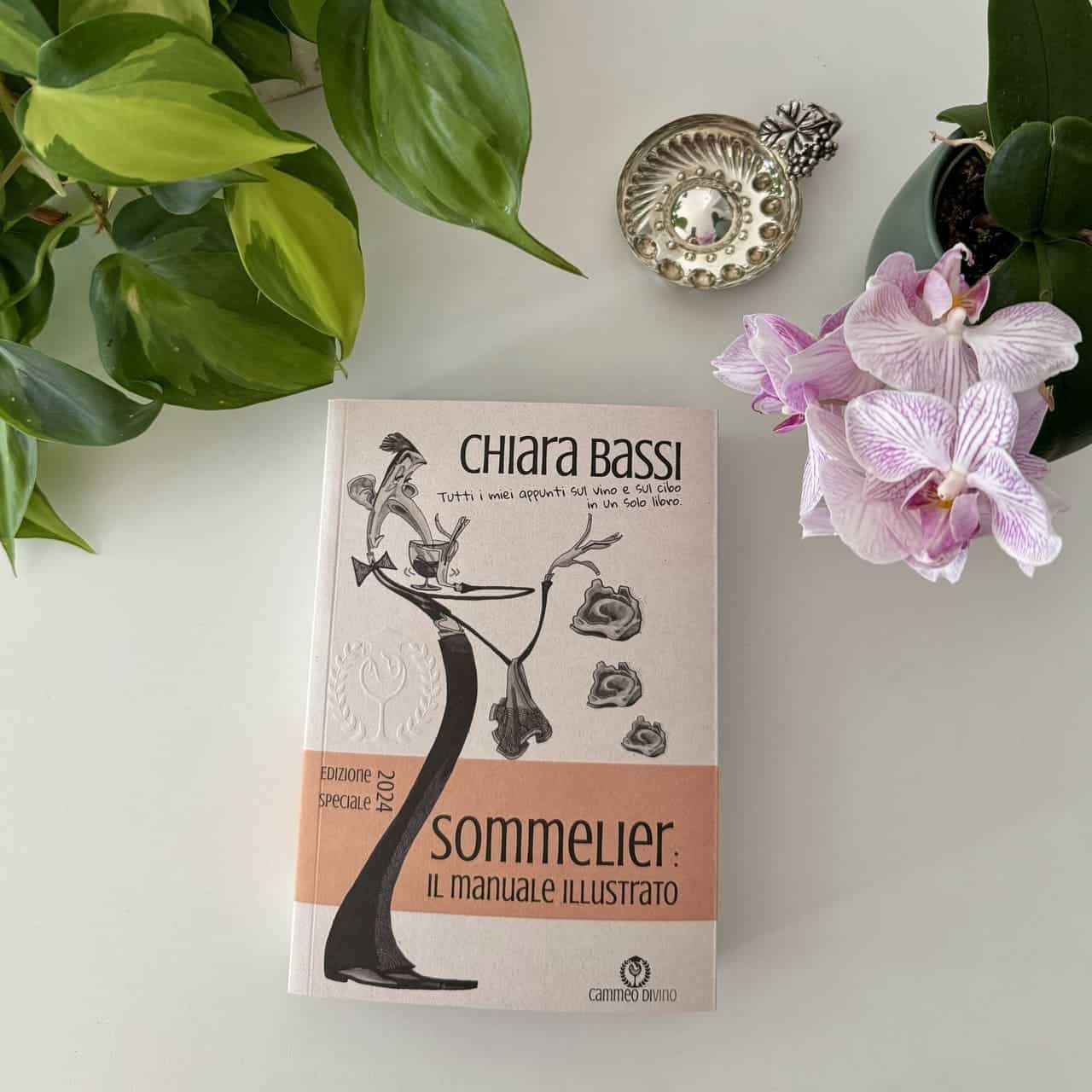The deep connection between Israel and wine is documented in the Bible, but modern viticulture, and modern Israeli wine, was founded in 1848 with the founding of the Rabbi Shore winery. The father of winegrowing in this country was Edmond de Rothschild, owner of Chateau Lafite in the Médoc, who in 1882 financed the construction of the Carmel winery (until a few years ago it produced the 60% of the Israeli winestoday makes quality).
Until the last century, Israeli wines produced according to Kosher dictates were consumed almost only during religious services and traditional holidays. It was not until the 1980s that wine growing became commercially important, with a fair amount being exported to the USA and Canada.
The production philosophy of Israeli wines is inspired by that of France, with red wines from single varietals or Bordeaux blends aged in barriques and white wines made in steel with the exception of a few high-end Chardonnays aged in wood. Production amounts to about 40 million bottles per year although consumption is limited to 7 litres/ procapita/year.
You can now subscribe to my newsletter or scroll down the page to continue reading the article!
Israeli wine and local gastronomy: food and wine pairing
Kosher cuisine has flavours that are a little sweet and a little spicy, sometimes sour, allowing for very special combinations.
Hummus, a mixture of chickpeas seasoned with roasted sesame, oil, lemon juice, salt and garlic, is perfect with an aromatic and spicy Emerald Riesling or a sparkling wine from the Golan Heights. Roasted chicken meat can be paired with a Grenache, if flavoured with Satar (a mix of spices and herbs) it calls for a Chardonnay passed in wood. Falafel (chickpea patties with parsley and spices sometimes stuffed with roast lamb) is perfect with a Bordeaux red wine from Judea.
You can now buy my book Sommelier: the illustrated manual or scroll down the page to continue reading the article!
Book "Sommelier: the Illustrated Manual" Special Edition 2024
All my notes on wine and food in one book.
€ 38,00 VAT included!
In stock (can be backordered)
Israeli wine: key concepts to study together
The climate in Israel
mild, dry and long summers and rainy winters. Good temperature ranges between night and day, which in the highlands and hinterland favour the production of fragrant quality wines.
Land in Israel
some have limestone clay and marls, others have tufaceous and volcanic residues that give olfactory intensity, body and minerality.
Grapes in Israel
- Black grape varietiesFrench origin (yesterday Bordeaux, today Rhone Valley) cabernet sauvignon (grape variety that gives better wines), merlot, cabernet franc, petit verdot, grenache, cinsaut, syrah, mourvedre.
- White grape varietiesin mountainous areas, chardonnay (Californian style, with notes of vanilla and clove, butter and hazelnut, against an intense background of citrus and tropical fruit, a little too acidic), sauvignon blanc, emerald riesling (a hybrid of muscadelle and riesling).
Wines & key areas in Israel
Golan Heights and Galilee mountain ranges (soil rich in limestone and marl that favours Bordeaux vines, but also grenache, mourvédre, syrah that give spicy wines with gritty tannin), Negev Valley (loss and alluvial sands favour the cultivation of merlot and Rhone Valley vines, which express themselves well in Yatir Forest wines) coastal areas of Tel Aviv (clay soils favour merlot and cabernet sauvignon, which give powerful wines with elegant notes of plums and berries).
As always, I hope you enjoyed and found this insight useful.
Cheers 🍷
Chiara



